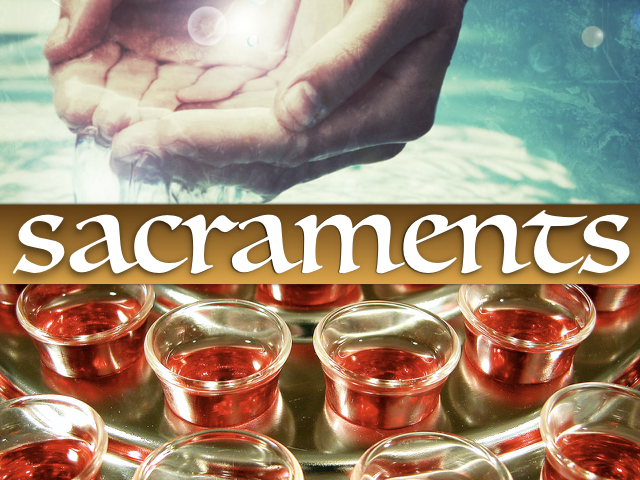- TRANSUBSTANTIATE
træn.(t)səb'stæn.(t)ʃi.eɪt verb. Substantially convert into the literal body and blood of Christ Jesus. Used to describe the elements of bread and wine during the Christian ritual of holy communion or Eucharist. - 2. Change something’s form or substance into something wholly different.
- [Transubstantiation
træn.(t)səb.stæn.(t)ʃi'eɪ.ʃən noun.]

Since I’ve been writing about
As you can tell from the vocabulary word I provided up top,
John 6.53-58 NABRE 53 “Amen, amen, I say to you, unless you eat the flesh of the Son of Man and drink his blood, you do not have life within you.B 54 Whoever eats my flesh and drinks my blood has eternal life, and I will raise him on the last day.55 For my flesh is true food, and my blood is true drink.56 Whoever eats my flesh and drinks my blood remains in me and I in him.57 Just as the living Father sent me and I have life because of the Father, so also the one who feeds on me will have life because of me.58 This is the bread that came down from heaven. Unlike your ancestors who ate and still died, whoever eats this bread will live forever.”
When Jesus says, “My flesh is true food, and my blood is true drink,” he’s not mincing words: We’re literally meant to eat him.
The Galileans he spoke to when he said this, and his students, had no clue at the time exactly what Jesus meant by this. He hadn’t yet taught his followers about holy communion; wouldn’t for a few more years. So it was still a mystery—but one which freaked out the Galileans. In contrast Jesus’s kids had trusted him this far,
So when Jesus did this at his last supper, it triggered the memory of when he talked about the living bread:
Mark 14.22-25 NABRE
Again, Catholics insist, Jesus wasn’t using metaphor. That was his body. That was his blood.
If it’s not, why did Paul and Sosthenes have to warn the Corinthians against practicing holy communion without acknowledging it’s Jesus’s body?
1 Corinthians 11.27-32 NABRE 27 Therefore whoever eats the bread or drinks the cup of the Lord unworthily will have to answer for the body and blood of the Lord.28 A person should examine himself, and so eat the bread and drink the cup.29 For anyone who eats and drinks without discerning the body, eats and drinks judgment on himself.30 That is why many among you are ill and infirm, and a considerable number are dying.31 If we discerned ourselves, we would not be under judgment;32 but since we are judged by the Lord, we are being disciplined so that we may not be condemned along with the world.
This is why Catholics won’t let non-Catholics partake of Eucharist. Unlike other Christians, who figure if you’re Christian of course you can worship Jesus along with them, they don’t want people ignorantly eating and drinking judgment upon themselves. After all, those elements aren’t merely wafers and wine: They’re Jesus. It’s why Eucharist is the central part of the Catholic worship service—it’s when Jesus enters the building. It’s a big, big deal.


